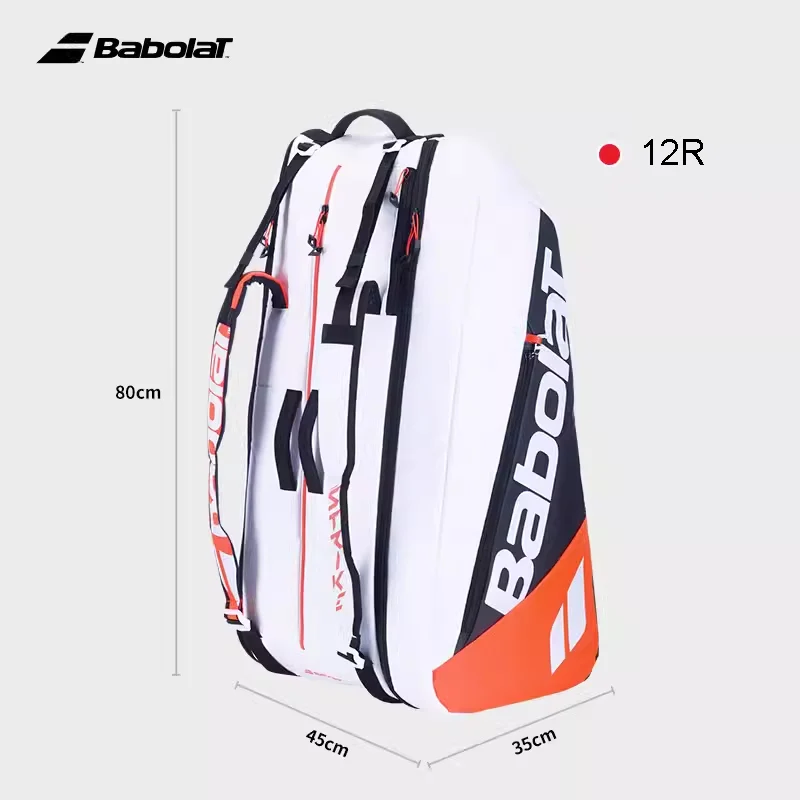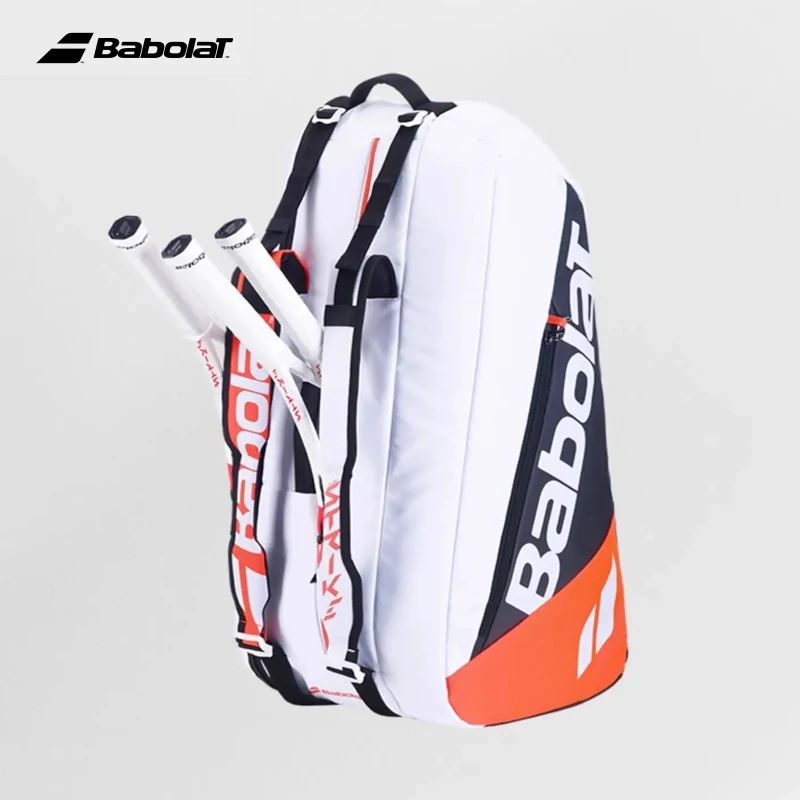How can you know if you re allergic to the chlorine in swimming pools?
Chlorine is a chemical that is used to disinfect swimming pools and other bodies of water. It is effective at killing bacteria and other microorganisms that can cause illness. However, some people are allergic to chlorine. Symptoms of a chlorine allergy can include:
- Skin irritation, such as redness, itching, or burning
- Eye irritation, such as redness, watering, or burning
- Respiratory problems, such as coughing, wheezing, or shortness of breath
- Nasal congestion
- Hives
If you think you may be allergic to chlorine, it is important to see a doctor to get a diagnosis. There is no cure for a chlorine allergy, but there are treatments that can help to relieve symptoms.
Related Questions
Can you develop an allergy to chlorine later in life? Yes, it is possible to develop an allergy to chlorine at any time, even if you have been exposed to it before without any problems.
Is there a way to prevent a chlorine allergy? There is no sure way to prevent a chlorine allergy, but you can reduce your risk by avoiding exposure to chlorine. If you must be exposed to chlorine, you can wear protective clothing and goggles to reduce skin and eye irritation.
What are some treatments for a chlorine allergy? Treatments for a chlorine allergy can include: - Over-the-counter antihistamines - Prescription corticosteroids - Immunotherapy
How is a chlorine allergy diagnosed? A chlorine allergy is diagnosed based on a physical examination and a history of your symptoms. Your doctor may also order a skin prick test or a blood test to confirm the diagnosis.
What are some ways to avoid chlorine exposure? You can avoid chlorine exposure by: - Swimming in pools that are not treated with chlorine - Using a home swimming pool that is treated with an alternative disinfectant, such as bromine or ozone - Taking a shower before and after swimming in a chlorinated pool
Pre:Can someone who is allergic to chlorine safely swim in pools that are well maintained and sanitized
Next:What do you need to wear for lap swimming at an indoor pool



















